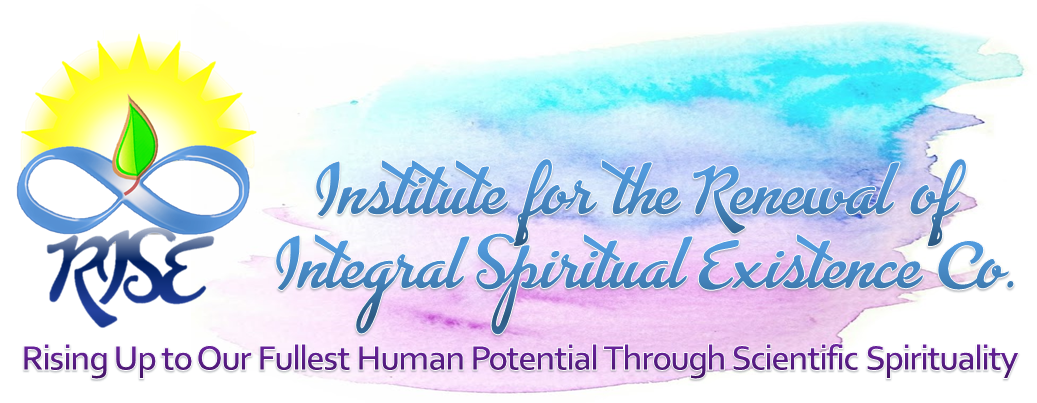The following article is a conversation between Philip Goff, a philosopher and consciousness researcher at Durham University, and the Edge. In it, Goff proposes a scientific shift towards a post-Galilean Paradigm.
Goff explores the challenges consciousness poses to contemporary science, tracing the roots of this dilemma back to Galileo’s assertion that mathematics should be the language of science. He argues that Galileo’s approach effectively stripped the physical world of its qualitative aspects, relegating consciousness and its qualities to a realm outside scientific inquiry. He advocates for a “post-Galilean” paradigm that integrates both the quantitative data of physical science and the qualitative reality of consciousness, suggesting that a panpsychist view—where consciousness is a fundamental aspect of matter—could bridge this gap. Goff emphasizes the need for a broader scientific framework that acknowledges the limitations of traditional physical science in addressing the complexities of conscious experience and calls for interdisciplinary collaboration to advance our understanding of consciousness within a scientific context.
Editor’s Note: Goff’s argument for a post-Galilean paradigm invites us to reconsider the foundational assumptions of modern science, particularly regarding consciousness. This perspective aligns with the notion that our current scientific frameworks often fragment our understanding of reality [Also read David Lorimer on Challenging the Assumptions of Western Science, Why Materialism Cannot Explain Consciousness, How big science failed to unlock the mysteries of the human brain].
By recognizing consciousness as a fundamental aspect of existence rather than a mere byproduct of physical processes, we open the door to a more integrated view of the universe that honors both the subjective and objective realms. Moreover, the insights from Humanity’s quest to understand the sublime on Fully Human highlights the importance of cultivating a sense of interconnectedness and wonder in our scientific pursuits.
Embracing a panpsychist view, as Goff suggests, not only enriches our understanding of consciousness but also encourages a deeper appreciation for the complexities of life. This shift in perspective can inspire new avenues of research and collaboration across disciplines, ultimately leading to a more holistic comprehension of both consciousness and the cosmos, fostering a scientific culture that values the richness of human experience alongside empirical inquiry. [Also read Galileo Report: Moving Towards an Expanded Science].
Read Original Article
Read Online
Click the button below if you wish to read the article on the website where it was originally published.
Read Offline
Click the button below if you wish to read the article offline.





